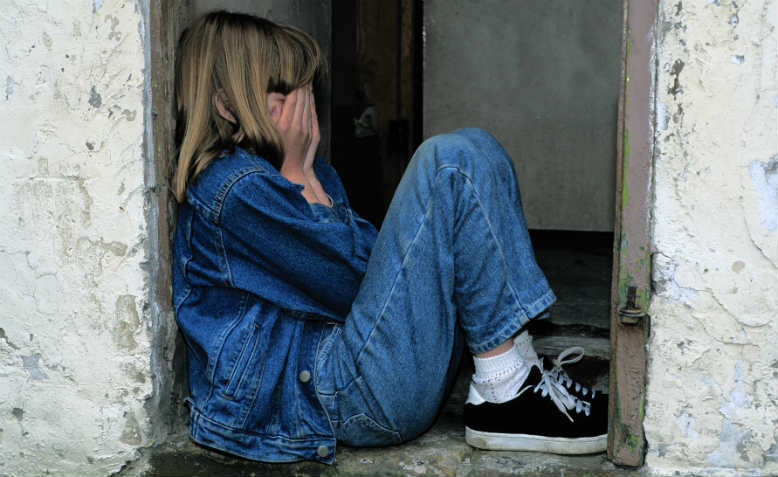 Photo: Pixabay
Photo: Pixabay
Rising suicide rates show the monumental human cost of Tory austerity and why we urgently need to get them out of power, argues Mona Kamal
Lost amid the Westminster high drama this week was a stark reminder of the human consequences of austerity, with news that 2018 saw the highest rate of recorded suicides in almost 20 years. According to the report by the Office of National Statistics, 6,507 suicides were registered in 2018, an increase of 11.8% on 2017 figures alone and the highest since 2002.
Suicide is extremely complex and multifactorial with rarely a single cause. However, this recent and extremely abrupt reversal of a trend, which had seen suicide mortality rates declining since the late 1970s, needs urgent examination within the context of the assault on NHS mental health services as well as the chaos and instability that Tory austerity has unleashed on the lives of working people.
The figures released included suicide rates among young people aged 10 to 24 years which had climbed to a nineteen year high. This must be understood against the background of years of deliberate defunding of Child and Adolescent Mental Health Services (CAMHS), most notably during the early years of coalition government austerity which meant that by 2017, one third of all CAMHS teams faced either downsizing or closure. The consequences of this: an average of 150 children per day, according to the NSPCC, being denied access to mental health treatment.
But this is only one prong in the attack on the services children rely on. Analysis published in February 2019 found that local council funding per child has been cut by over a third since 2010, leaving thousands of children in socially deprived areas at risk of abuse, criminal exploitation and mental illness – all this at a time when the proportion of children living in relative poverty is on course to hit a record 37% by 2023.
In adults, there is overwhelming evidence of the link between socioeconomic disadvantage and suicidal behaviour, with men living in deprived areas found to be 10 times more at risk of suicide than those in more affluent areas (outlined in the “Dying from Inequality Study” published by the Samaritans). This is only compounded by the fact that cuts to community psychiatric services now means that accessing timely specialist support when experiencing mental health crisis has become the preserve of those who are able to pay for it.
The suicides are specifically related to Work Capability Assessments and disability benefits sanctions. This has been well documented, with 590 suicides being linked to these tests between 2010-2013 alone, as have 725,000 additional prescriptions for antidepressants. There are named cases as well – Phillip Herron a 34 year old father of three took his own life in March 2019 after delays in Universal Credit left him with £4.61 and 81-year-old Joy Worrall jumped to her death in November 2018 after pension payments and winter fuel allowance had been stopped for the preceding 15 months. The Department of Work and Pensions later apologised to her family for the “error”.
Surely there is no greater indictment of the despair and alienation caused by this government than the crisis in mental health that we are witnessing. The Brexit soap opera and parliamentary machinations surrounding it have been allowed to dominate our political discussion for far too long and have served as a useful distraction away from this government’s real failings. Alongside this we have the hypocrisy of Sajid Javid making empty declarations that ‘austerity is ended’, whilst what can only be described as the austerity death toll just keeps rising.
One more day with this already fragmenting government in power cannot be justified, and the reason for that has little to do with the handling of Brexit negotiations and everything to do with the suffering unleashed by its callous austerity agenda on the lives of working people. The priority now must be to avoid any delay whatsoever in calling a general election and to begin gearing up for a campaign which at its centre has truly transformative radical policies that will end health and social inequalities.

